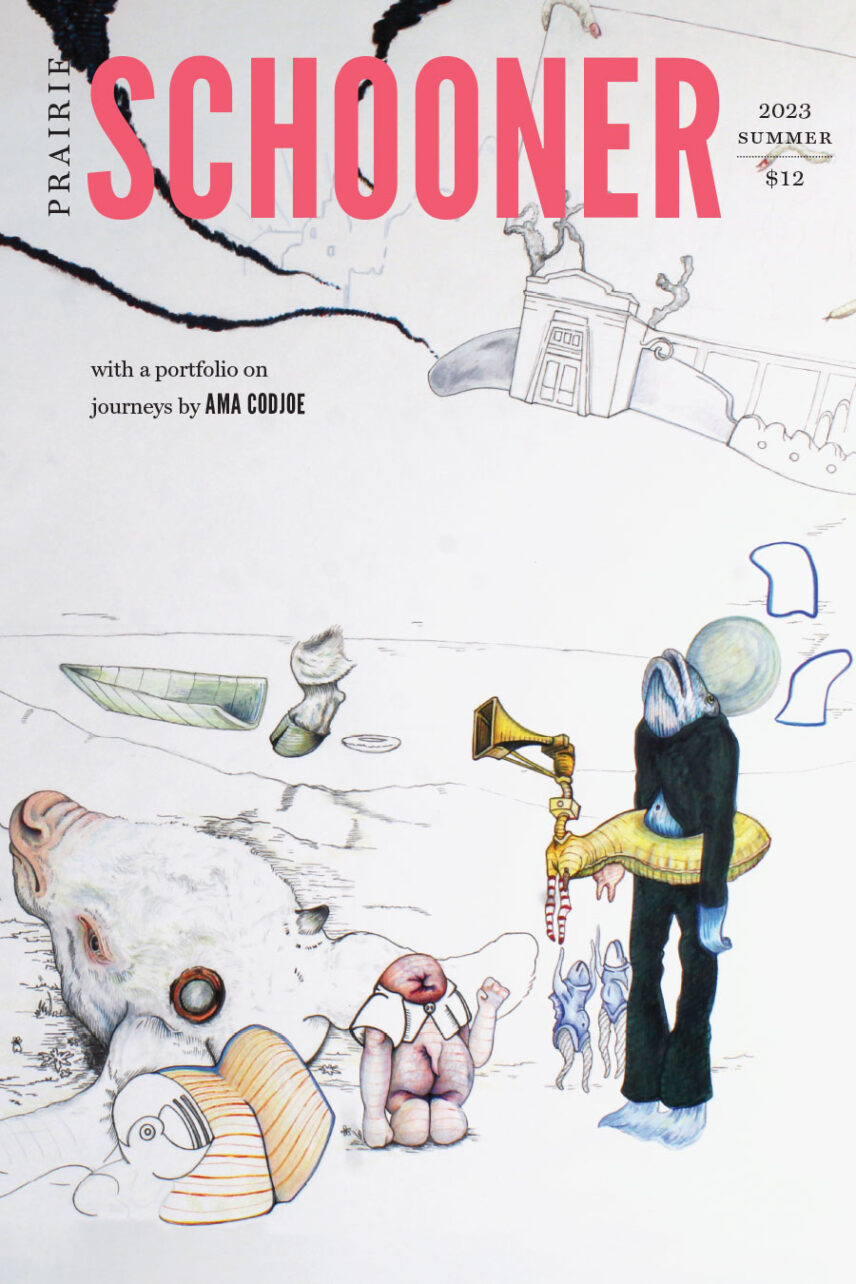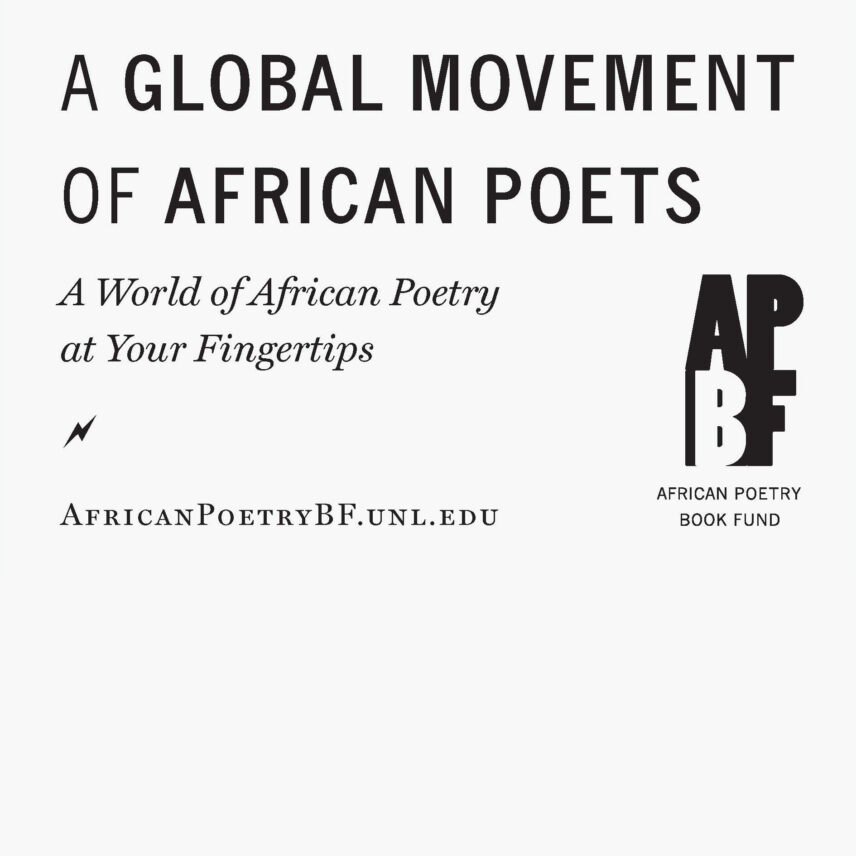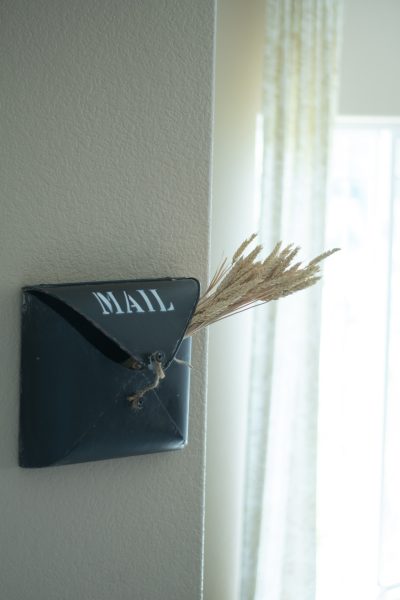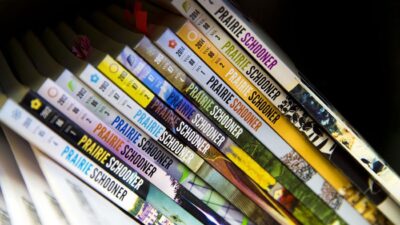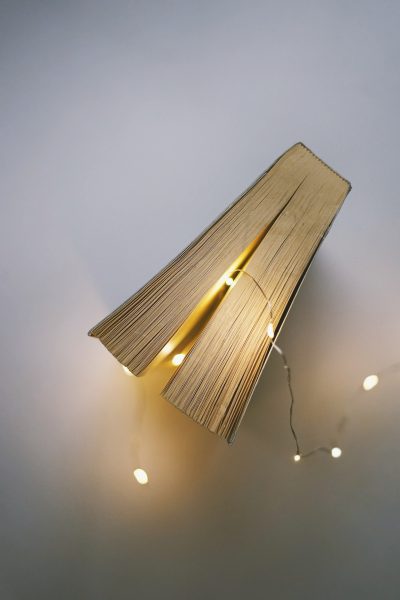Current Issue
Summer 2023 Volume 97 Number 2
Featuring a “Journeys” themed portfolio edited by Ama Codjoe, this issue includes work by Allen Stein, Aruni Kashyap, Sarah Jordan, Felicity Sheehy, Yvanna Vien Tica, Heather Tillery, Nancy Miller Gomez, Anika Gupta, Rachel Tandoc Donalson, Rachel Lipscomb, Makayla Gay, Afton Montgomery, Kurt Caswell, Jo-Anne Wallace, Victoria Chang, Brittany Rogers, Jake Skeets, David Naimon, Alexis Pauline Gumbs, Yalie Saweda Kamara, Leslie Sainz, Donika Kelly, Emily Lee Luan, Tianna Clark, Sahar Romani, francine j. harris, Charleen McClure, Maya Marshall, Simon Shieh, Lyrae Van Clief-Stefanon, N’ou Revilla, Wendy S. Walters, Jeff Janssens, Marissa Davis, Haesong Kwon, Ajanaé Dawkins, Mohammad Hakima, Xiao Yue Shan, Jos Charles, Traci Brimhall, Anni Liu, and Tariq Luthun.
Subscribe Buy NowMeditation during the Sufferings and Deaths of Others
African Poetry Book Fund
The African Poetry Book Fund promotes and advances the development and publication of the poetic arts through its book series, contests, workshops, and seminars and through its collaborations with publishers, festivals, booking agents, colleges, universities, conferences and all other entities that share an interest in the poetic arts of Africa.
Visit Now